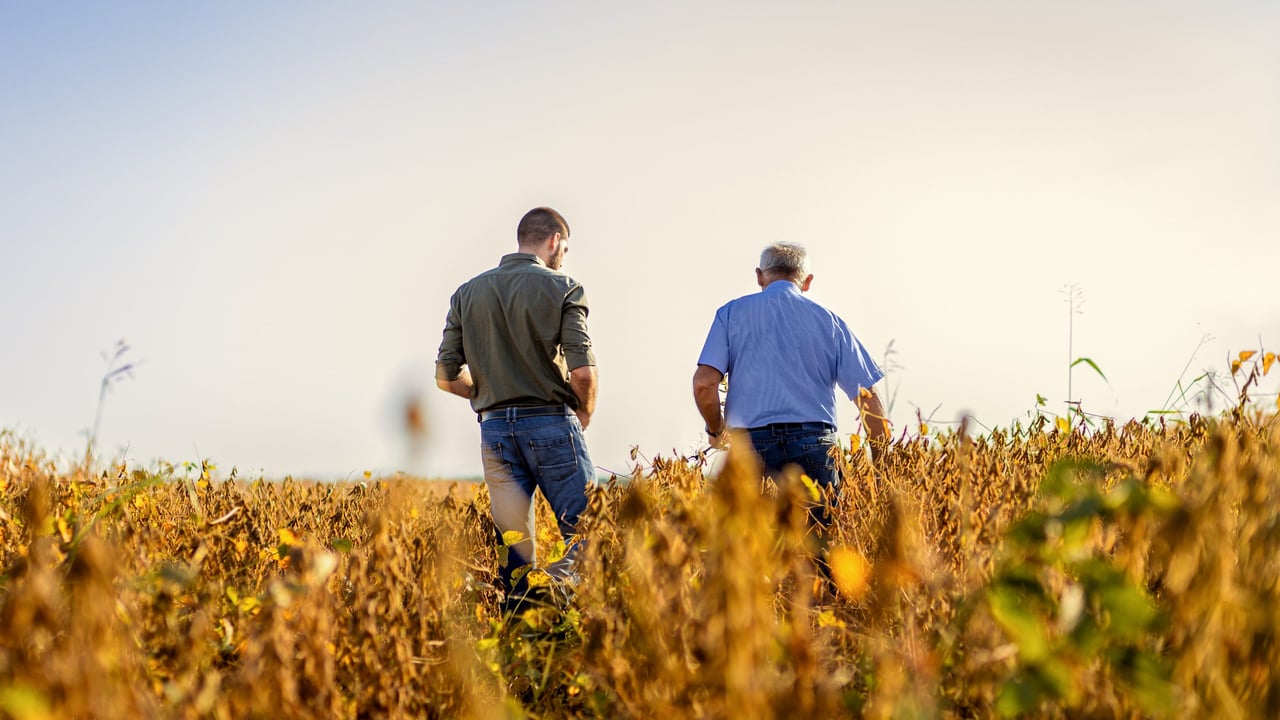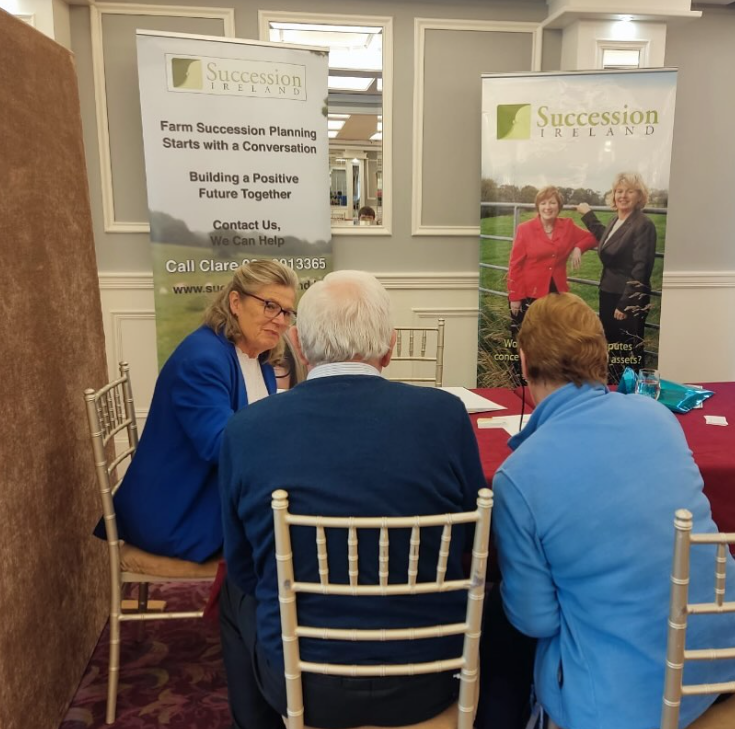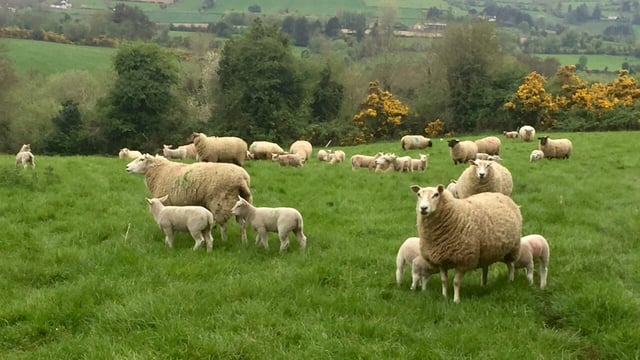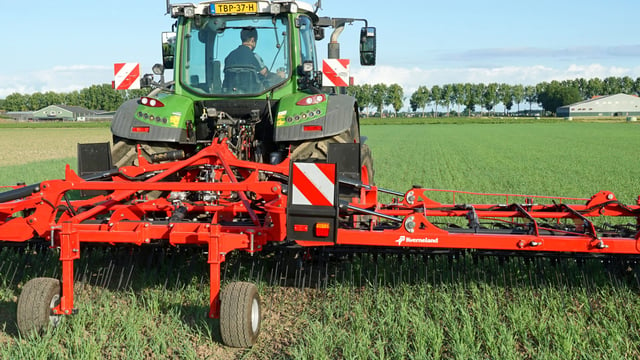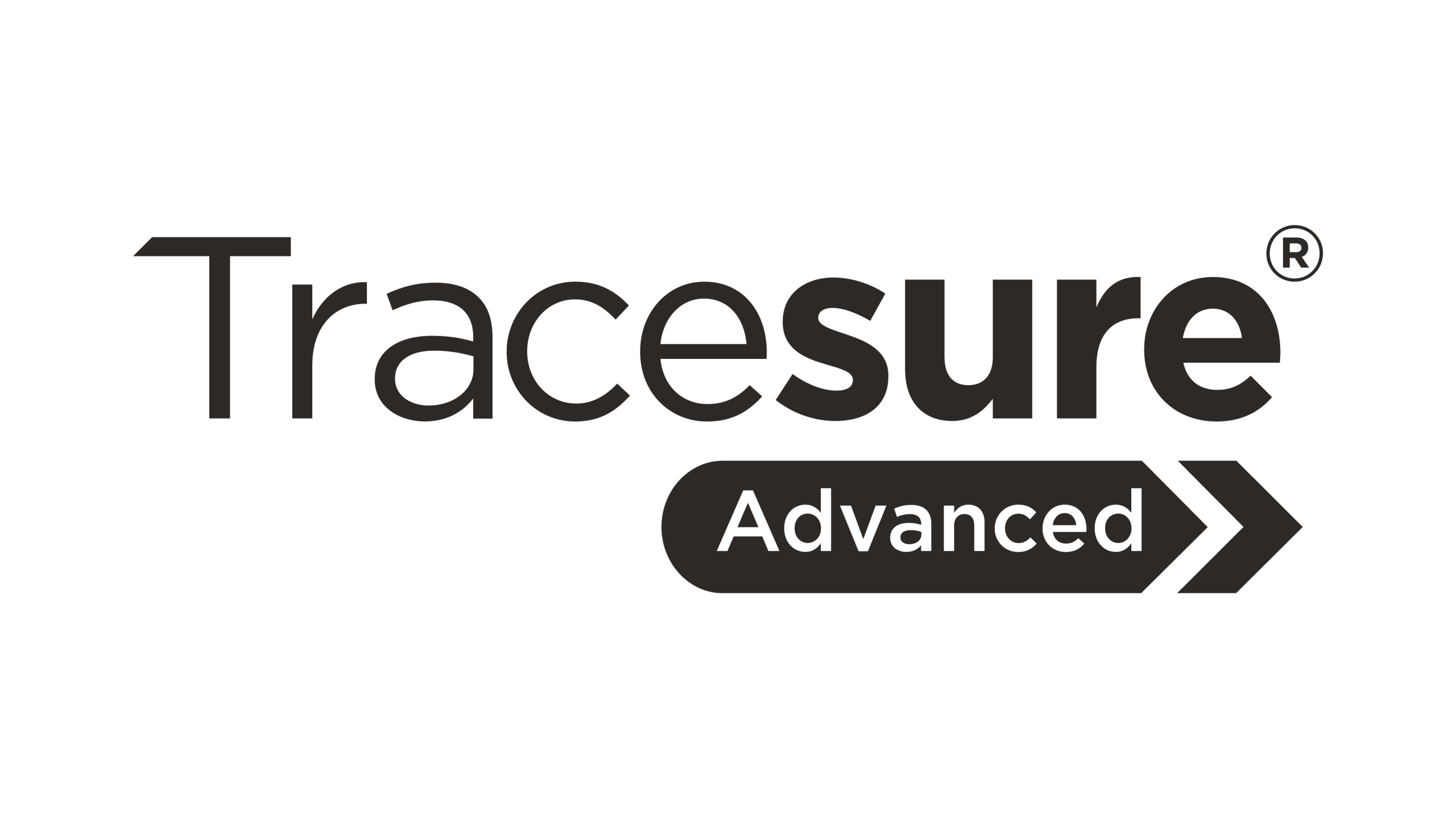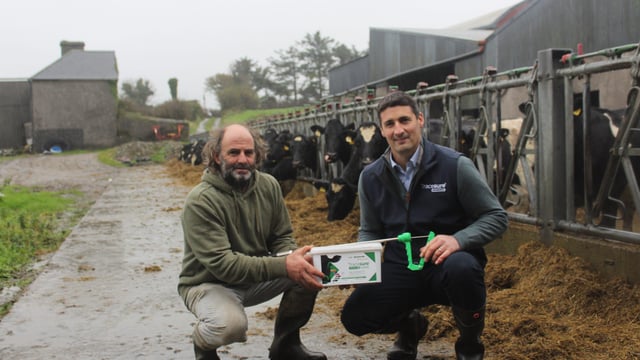Succession: 'Be honest and open, as opposed to people not knowing'
A mediator who specialises in farm succession has urged farm families to have "honest and open" conversations around succession.
The comments come as the European Commission this week published its strategy to address the issue of generational renewal in agriculture.
The commission has set an "aspirational target" to double the share of young farmers in the Europe to 24% by 2024.
In 2020, the average age of farmers in the EU was 57, with only 12% under the age of 40.
Here in Ireland, just 4% of farmers are under 35, while 37% are over 65, which poses a significant risk for the continuity of family farms.
Land transfer
Clare O'Keeffe, who along with being a farmer, is a trained artificial insemination (AI) technician and holds several educational awards, including a degree in economics from University College Cork (UCC).
When she was selected for a Nuffield scholarship in 2006, Clare decided to examine the issue of farm succession globally.
The ways in which land was transferred was a topic that always resonated with her.
She explained that her father, who was one of five children, was sent as a very young child from Co. Mayo s a very young child to live with his aunt and uncle in Co. Cork. He was later left the Co. Cork farm, which Clare now has.
Succession Ireland
During her research, Clare found that succession was a major challenge also facing other countries. In Australia, she noted that mediators were used to facilitate succession conversations.
"I quickly realised the benefits of training as a mediator, because when you're dealing with any conversation that's emotionally charged and yet you need to deal with the facts.
"It's balancing the facts of the business with the emotional connections and ties of a family," she said.
As a result, Clare established Succession Ireland, which now receives multiple queries every day from farm families.
Everyone who works with Succession Ireland is a qualified mediator, and the business also provides succession facilitation training.
"People generally they want a sounding board, a fresh pair of eyes to come and to listen, and to listen with respect to where people are at at the moment.
"Where can they see the best option for themselves going forward, in their own income, in their own identity, in the future of the business, if it's an active farm or is it an asset?" she said.
Mediation
Clare said that the mediation process is inclusive and invites everyone to listen to the other party and what their hopes, fears and expectations for the future of the farm are.
"It could be a collaboration. It could be a partnership that somebody's willing to consider forming," she said.
"There might be another option, a different sort of collaborative arrangement.
"There are many different models of working together with people. Where there's a willingness, there's always great hope in finding a very good model to work with.
"If somebody is very entrenched in their ways, and it's their way or the highway, that's really where you would dig in with your mediation skills to see where are they stuck.
"What's the fear that's keeping them stuck and staying where they are?" she asked.
Clare added that sometimes a mediator will have to "peel right back" to when somebody got the farm and what possible conditions may have been imposed on them.
When it comes to farm transfer, there can be different tax implications depending on a person's circumstances.
"While we're not accountants, we would know a lot of the questions that the clients may need to ask of their accountant. We will even help to formulate questions that they need clarification on," Clare added.
Income
Among the big concerns that Succession Ireland deals with are farm incomes and work-life balance.
"Lots of families have somebody who would potentially be the owner, but they may not wish to be the farmer.
"So there's a different blend of family farms going forward and what would have been there traditionally," she said.
Pensions are another common issue, as not all elderly people have a pension that they could live on and would need additional income.
"In those cases, while they need help to run the business, they may not be able to financially support a second income.
"They're challenging cases, because one will help for a while, but not indefinitely," Clare said.
Clarity
The Succession Ireland founder said that a lack of clarity on the future for young farmers is a big factor when it comes to succession.
"Coming home because they like farming and not knowing at 27, 28, or 32 if there is actually a future for them there," she said.
"I'm not an adviser, but if I were to make a suggestion, never to make false promises, not to promise a child, 'Oh when you're big, this farm will be yours', because the child will remember it.
"The other thing is, don't rule from the grave. At some stage, if you get off the horse, hand over the reins.
"When you hand it over, hand it over and let the next generation farm it to the best of their ability," she added.
Clare appealed to families to start the discussion about the future plan for their farm.
"Be honest and be open, as opposed to people not knowing, not knowing is it ever going to be transferred or who is it going to be transferred to?
"That's a huge, real fear and people are so afraid to ask and even to talk about it because they don't want to upset anybody. So communicate with respect, let there be no surprises.
"If somebody is considering a partnership or a collaborative arrangement, I always suggest looking at the exit strategy. When you're looking at the entry strategy, look at the exit strategy. How can we dissolve this into the future?" she added.
Wills
As one in three famers aged over 50 do not have a will in place, Clare also stressed the importance of writing a basic will.
"You can revisit a will as life goes along, but have a will written. Have a basic framework written if anything happens to you.
"There's nothing more traumatic than meeting a family where the mother or father died and there was no will. It's horrendously sad on top of grief," she said.

